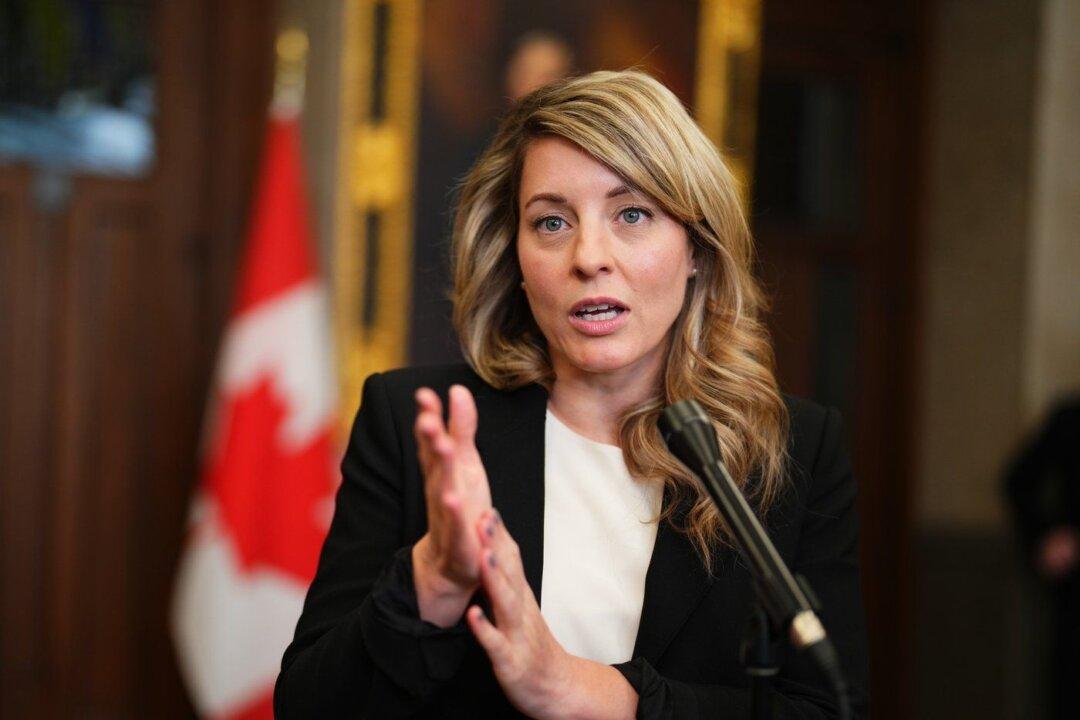Canadians’ predominantly unfavourable perception of China makes it unlikely Ottawa and Beijing will reset bilateral relations, Foreign Affairs Minister Mélanie Joly said after her unannounced visit to China last week.
“It’s not the government. It’s more Canadian perceptions toward China, which are negative right now. And it’s important for China to understand that,” Ms. Joly told The Globe and Mail following her July 18-21 visit to China.





